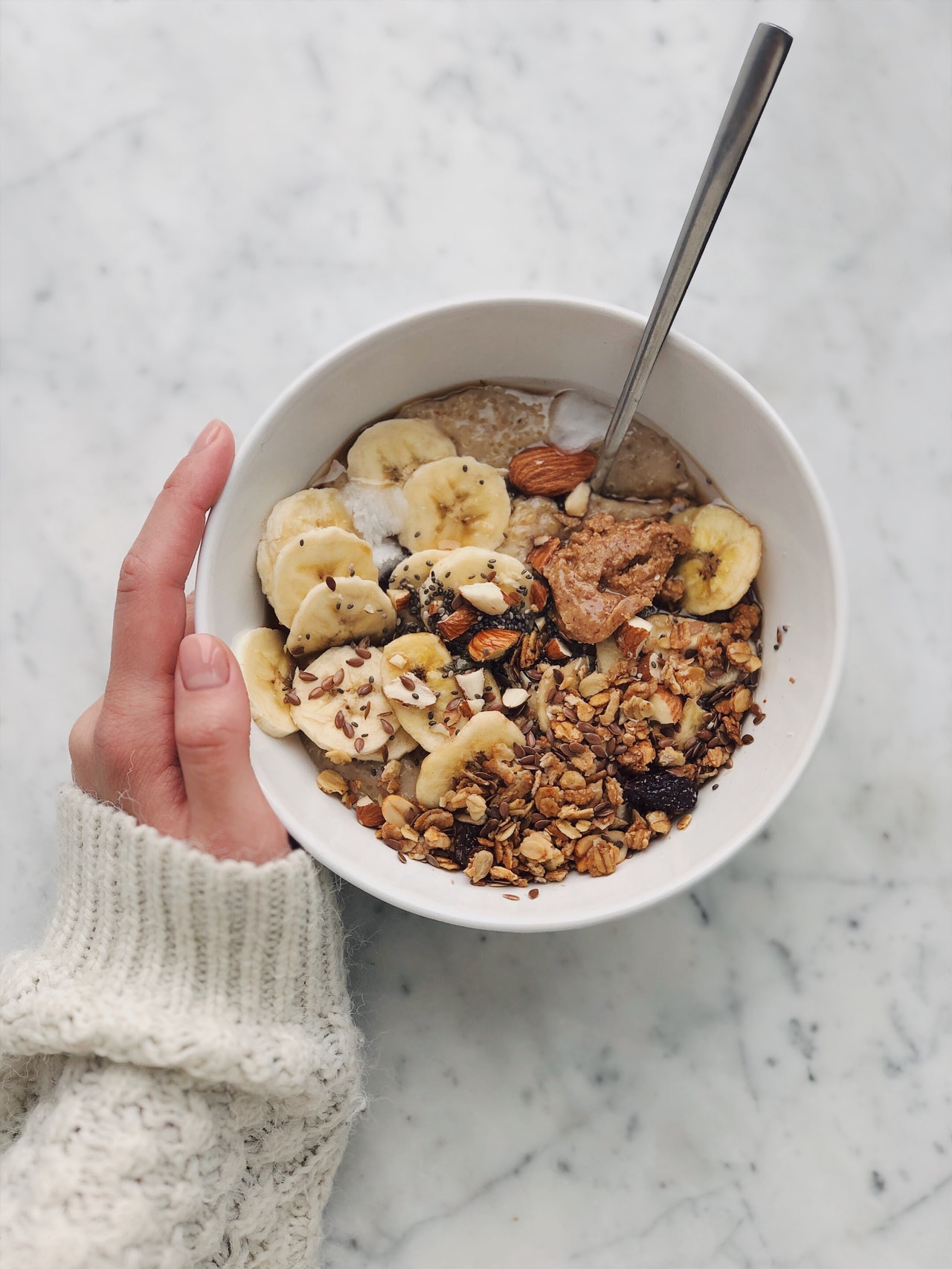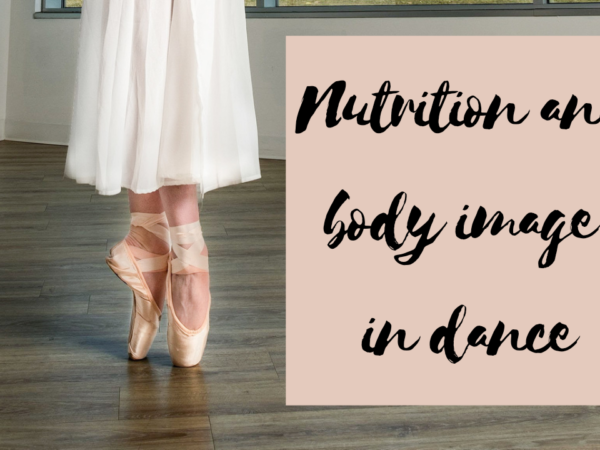Disclaimer: I want to highlight that there are certain scenarios where a specific diet is a necessary course of action for a patient’s health. These need to be established and carefully monitored by health and wellness professionals.
We have thoughts and feelings associated with different foods without much influence over those that we have. Diet culture, personal experience, heritage, location, and influence of family and friends shape our foodscape, including the food rules that we hold. Conflicting nutritional studies further complicate the matter. After receiving so much nutritional information input from so many sources, we start creating mental lists of the foods that we like and dislike, ones that we gravitate towards, ones that make us feel guilt or shame, and what foods we swear out of our lives.
What are food rules?
Food rules are the conditions and regulations that we put on food and eating based on the thoughts and feelings we have acquired towards nutrition. Diets naturally become identified based on the foods that a person can and can’t eat and the stipulations surrounding the eating system. There are a few areas in which food rules can be helpful – health conditions that require specific nutrition protocol for the ultimate health of the individual, food allergies, and eating disorder recovery.
All of these should be carefully monitored with the help of a nutrition/health professional. Unfortunately, food rules are used by so many of us to the detriment of our health and well being. It’s important to recognize that food rules not only affect our physical health, but our mental and emotional health in a delicate balance .
So, why do we resort to food rules?
In a world where nutritional information is constantly contradicting itself, finding a set of food rules and sticking to it makes it so much easier for us in the food decision making process. Instead of guesswork and internal evaluation, food rules give us definite, easy to follow, and strict guidelines. We love to view things in black and white. Foods are either good or bad. We can either always eat them or never have them. It makes eating simpler and easier because we do not have to analyze for ourselves.
Food rules also give us the opportunity to exercise control. When so many other factors of our lives seem to be spiraling around us, food rules provide a sense of grounding and personal power, even if this behavior can be ultimately detrimental to our health. When I was training in ballet, the anxiety surrounding finding a dance job, casting, and striving to be the best I could be, was eased by fixating on what I ate and how I looked, providing a sense of “comfort” and control over my future.
Eventually I started seeing disordered eating patterns in myself that were not only fueling anxiety surrounding food, it was taking up every inch of mental space I had and I found myself unable to concentrate in classes and rehearsals. Food rules were keeping me from truly fueling my body.
Why are food rules often detrimental to our physical and mental health?
Each of us has a different body with different needs. I know I have touched on bio-individuality before, but each one of us is going to have different nutritional needs and preferences based on our size, shape, age, activity level, gender, sleep patterns, and so much more. Relying on food rules that are not intuitive to our own bodies means that we are often not fully satiated, physically and emotionally, while following someone else’s guidelines.
Certain diets encourage restriction of calories or whole food groups that can lead to energy and nutritional deficiencies. Everyone’s ratio of macronutrients (carbohydrates, proteins, and fats) is going to be different because of bio-individuality. Some might find that eating more protein and fat can help keep them satisfied and strong, others might like to have more carbohydrates to have stable energy levels. But, diets can take this to extremes. In the 90’s it was all about low-fat, today it’s about cutting out carbohydrates.
Completely eliminating or heavily restricting the intake of a macronutrient can lead to serious nutritional deficiencies down the road. In fact, many food “rules” are based on pseudoscience, misinformation and extremes, not scientifically based evidence. Especially for dancers, all three macronutrients are extremely important for our bodies to function optimally. Diets like intermittent fasting are also all the rage right now, but for growing, active dancers, this often restricts dancers from being able to get enough calories in for consistent energy and fast recovery.
Food rules can also lead to mental and emotional consequences. Food rules tell us that food is something to be feared unless it is strictly controlled. This assigns morality to foods and food behaviors, which in turn affects how we view ourselves when we follow or break these rules. Inevitably when we break one of these rules, guilt and shame often ensue. Thoughts that we aren’t good enough or that we don’t have enough will-power or motivation creep in. We see ourselves as failures and often engage in self punishment in the form of negative self-talk, restriction, or over exercising. Food rules and dieting make it easier to adopt disordered eating.
It was found that in “a large study of 14- and 15- year-olds, dieting was the most important predictor of a developing eating disorder. Those who dieted moderately were 5x more likely to develop an eating disorder, and those who practiced extreme restriction were 18x more likely to develop an eating disorder that those who did not diet”.
The cycle of disordered eating continues until we make conscious decisions to change the way we relate to food and our bodies.
Food rules can be masked by the titles of “healthy” or “clean” eating, leading to anxiety surrounding food choices, excessive preoccupation surrounding food, and disordered eating patterns. Eating only perfect foods or perfect amounts of food can also send us down the spiral of fixation on food and food control. Yes, vegetables are great and all, but it is not sustainable to expect yourself to always eat the “perfect” food option every. single. time. This pressure to eat “clean” affects us mentally and emotionally. Not only taking enjoyment out of food, but also causing that guilt, shame, punishment cycle we talked about earlier.
What are some positive mindsets to adopt around nutrition instead of relying on diets and food rules?
- It is important to focus on nutrition from a few broad guidelines without defined hard and fast details. Moderation, balance, and eating more plant based foods and less processed foods help us to move towards getting our nutrient needs without having to resort to negative food and body relationship.
- Encourage yourself to try new foods and flavors, especially delicious whole foods.
- Enjoy food, especially with others in a shared experience
- Practice a more intuitive style of eating (see my previous posts)
- Know that healthy food habits have more to do with how we feel than what we eat
As always, if you have any questions about food rules, intuitive eating, or fueling your body please feel free to contact me. I would love to talk with you!






[…] When looking at all carbohydrates, we might have ones that we prefer, and we might have some that we have applied food rules to. When learning to eat carbohydrates intuitively, it is important to not look at one type of carbohydrate as “off limits”, but to see how our bodies use them differently. Notice how they make you feel! Simple and refined carbohydrates, when eaten by themselves, might make us have unstable hunger or energy levels, but eating a meal or snack that combines them with other complex carbohydrates, protein, or fat can provide energy and nutrition for a dancer during a long day. Complex carbohydrates are important for their fiber and nutrient content. Focusing on complex carbs before and after dance will help to fuel our bodies for a long day and then help to replenish our energy stores after dance. Lastly, refined carbohydrates that have added sugar are those foods that we can enjoy in moderation purely for the pleasure of them. When we eat a lot of them, or rely on them to make up the bulk of our meals or snacks, we might feel like our energy levels, hunger levels, or even mood are affected by them. But enjoying a little bit every day is an important part of life. Restricting these might lead us to overeat them when they are available, making us feel out of control. Read more about that here. […]